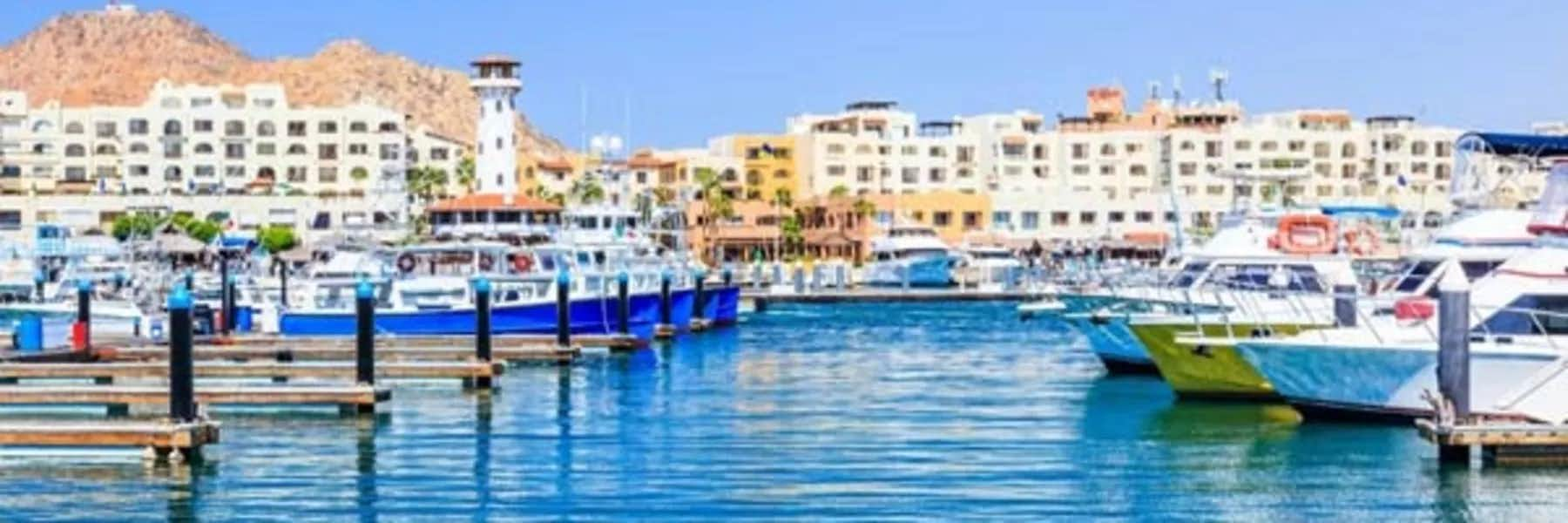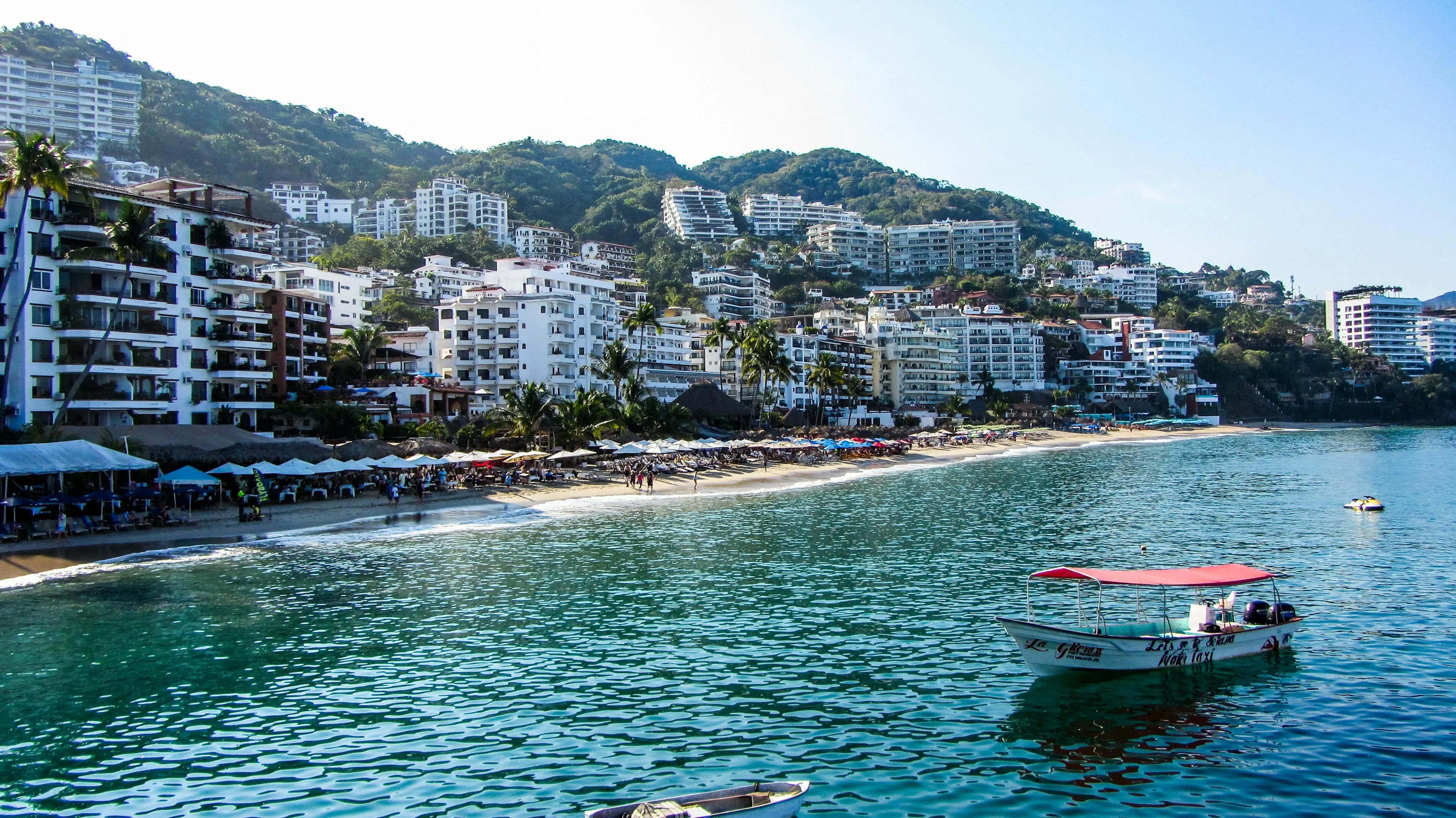"The fideicomiso is a safe way to hold property in the Restricted Zone. It grants the title to a bank chosen by the buyer. The bank cannot treat the trust-held property as an asset of the bank. They cannot make decisions regarding the property, either; they can only act on the written instructions of the beneficiary of the fideicomiso. The buyer can choose the bank from a list of banks approved by the Mexican government to act as trustees. The foreign buyer becomes the beneficiary of the fideicomiso."
There is a lot of misinformation out there about the rights of foreigners to own and buy property in Mexico.
First up: it’s perfectly legal for foreigners…whether you’re American, Canadian, European…to purchase property in Mexico.
All you need to do is apply for a permit from the SRE (Secretaría de Relaciones Exteriores, the Secretary of Foreign Affairs) granting you permission to do so. It’s purely a formality and is quick and easy to get.
Then, the way you hold or own the property depends on where…and what…you’re buying.
There are some regulations on foreigners owning property in the Restricted Zone, which is 50 kilometers (about 31 miles) from shorelines and 100 kilometers (about 62 miles) from the country’s international borders. I’ll go into more detail on that in a moment. But outside the Restricted Zone, foreigners can hold and own property in their personal name, in a corporation, however they want. And much of Mexico falls outside the Restricted Zone. Mexico City, Guanajuato, San Miguel de Allende…foreigners can hold and own property in any of these locations in their personal name or a corporation.
In the Restricted Zone, foreigners can hold and own non-residential property through a Mexican corporation. For residential property, it is held in a fideicomiso.
Foreigners, according to Mexico’s Constitution of 1917, cannot own land in the Restricted Zone. But, with lots of foreign buyers interested in purchasing in the Restricted Zone, the Mexican government came up with a solution in 1973: the fideicomiso, or bank trust. It’s a legal way for foreigners to acquire land for residential purposes in the Restricted Zone. It is in fact more clear-cut than in many other overseas destinations where beachfront and oceanfront property comes with a raft of regulations that are difficult to navigate and comply with.
The fideicomiso is a safe way to hold property in the Restricted Zone. It grants the title to a bank chosen by the buyer. The bank cannot treat the trust-held property as an asset of the bank. They cannot make decisions regarding the property, either; they can only act on the written instructions of the beneficiary of the fideicomiso. The buyer can choose the bank from a list of banks approved by the Mexican government to act as trustees. The foreign buyer becomes the beneficiary of the fideicomiso.
The beneficiary retains full control of the property. The beneficiary can live in it, sell it, make improvements to it, mortgage it, pass it to heirs, or rent it out. The beneficiary can build on it if it’s a piece of land. The beneficiary treats the property as if they owned it fee simple. The beneficiary is responsible for paying property taxes and any costs incurred for maintenance, for example.
The foreign buyer can name more than one beneficiary. A couple can therefore operate as co-owners, jointly making decisions on what to do with the property. The foreign buyer can name an heir, too, so if anything happens to one beneficiary, the named heir takes over as a new beneficiary. That’s an added upside. It avoids the need for probate. It avoids the need to pay local inheritance taxes, too.
Fideicomisos normally run for 50 years. Then they can be renewed for an additional 50 years.
Foreign Buyers Need to Pay Attention to Three Things:
1. Choose the trustee bank carefully—shop around! There is an initial set up fee associated with the fideicomiso, and an annual fee. These fees vary from bank to bank, so compare prices before you commit to one.
2. Check what you’re buying. Fideicomisos can usually only hold one property. They can also only hold unimproved land of up to 2,000 square meters (just under half an acre). If you’re buying more land than that, you need to sign a legal document stating that you will commit to invest a certain amount of money to build a house on the land within 24 months.
3. If you’re American, you may need to report property held in a fideicomiso to the IRS. Currently, you do not need to report property held overseas in your own name to the IRS on your tax return. But you do need to report property held in corporations or trusts. There’s some uncertainty as to how the IRS views fideicomisos. They’re not the type of trust this filing requirement was originally aimed at. A ruling in June 2013 decided that a fideicomiso was not a trust for U.S. income tax purposes, but only if the bank’s activities were limited to holding title. You need to discuss with your tax attorney your options—to simply declare the property in your tax filing or to apply for a private-letter ruling from the IRS to determine if it’s exempt or you need to declare it.














